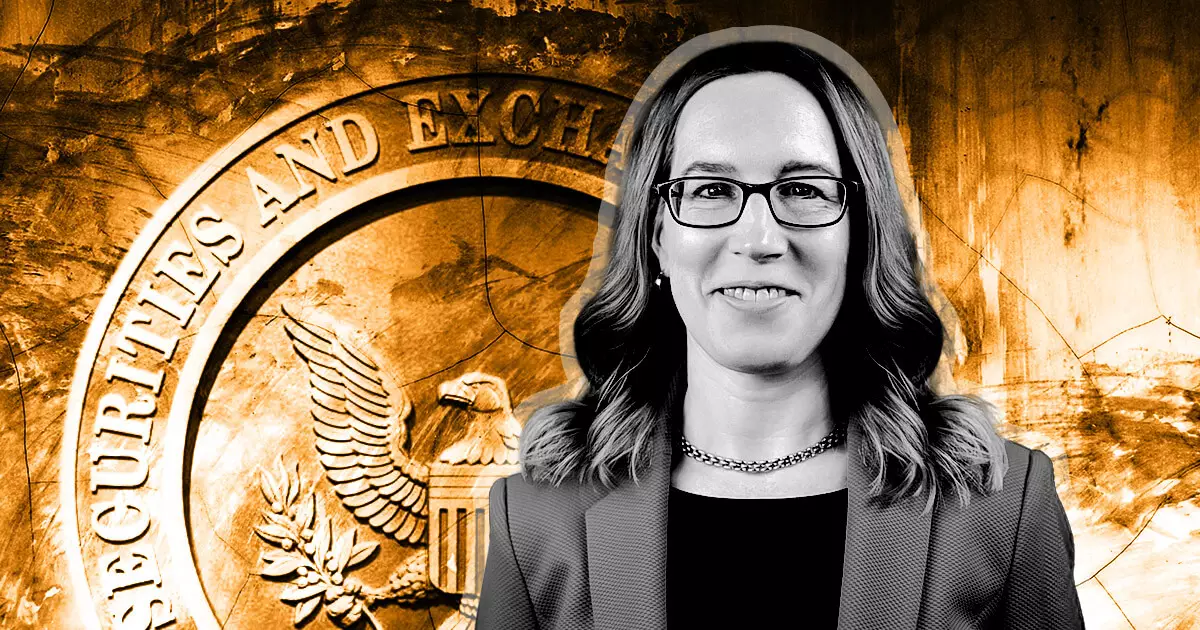In a recent tweet, Commissioner Hester Peirce of the United States Securities and Exchange Commission (SEC) expressed her concerns about the regulator’s stance on discouraging efforts to provide more transparency in the cryptocurrency industry. This comes after the SEC’s chief accountant, Paul Munter, issued a warning to accounting firms that engage in “audit” duties for crypto firms, stating that misrepresenting findings could result in censure or suspension. While Peirce acknowledged the need for clarity on proof of reserve, she argued that discouraging efforts to enhance transparency would do more harm than good.
Looming Legal Liabilities for Accounting Firms
Munter’s statement emphasized that accounting firms could face legal liabilities if their clients make material misstatements about the scope of their audits. He highlighted the importance of accurate and precise financial statements and warned against misleading marketing and terminology that could suggest alternative non-audit arrangements are equivalent to or more accurate than a financial statement audit. According to Munter, non-audit arrangements lack the rigor and comprehensiveness of a financial statement audit, providing limited assurance to investors. He urged accounting firms to consider disassociating themselves from clients who make misleading statements or informing the SEC if necessary.
To bolster the integrity of the financial reporting system, Munter stressed the significance of accounting firms maintaining independence. Independence plays a crucial role in ensuring unbiased and accurate financial reporting, thereby instilling confidence in investors and stakeholders.
An Urgent Need for Transparency
The collapse of FTX last year prompted a wave of initiatives within the cryptocurrency industry to introduce proof-of-reserve schemes. These schemes aimed to provide evidence of crypto holdings and restore trust and confidence in the sector. However, the implementation of these schemes faced significant criticism when auditors such as Mazars and Armanino withdrew from their clients after the efficacy of their reports came into question. This incident underscores the urgent need for transparency and reliable auditing practices in the cryptocurrency industry.
The Way Forward
Rather than discouraging good-faith efforts to enhance transparency, regulatory bodies should collaborate with industry stakeholders to develop clear guidelines and standards for auditing and financial reporting within the cryptocurrency sector. These standards should ensure that audits address the unique challenges posed by cryptocurrencies while upholding rigorous and comprehensive practices. By fostering an environment that promotes transparency and accountability, regulators and market participants can work together to build a more secure and trustworthy cryptocurrency industry.
The SEC’s Commissioner Hester Peirce raises a valid point by questioning the discouragement of transparency efforts in the cryptocurrency industry. While accounting firms need to be vigilant about accurate audits and proof of reserve, it is crucial not to stifle initiatives that aim to enhance transparency. The industry must prioritize trustworthy auditing practices and transparent financial reporting to build a secure and sustainable future for cryptocurrencies.

